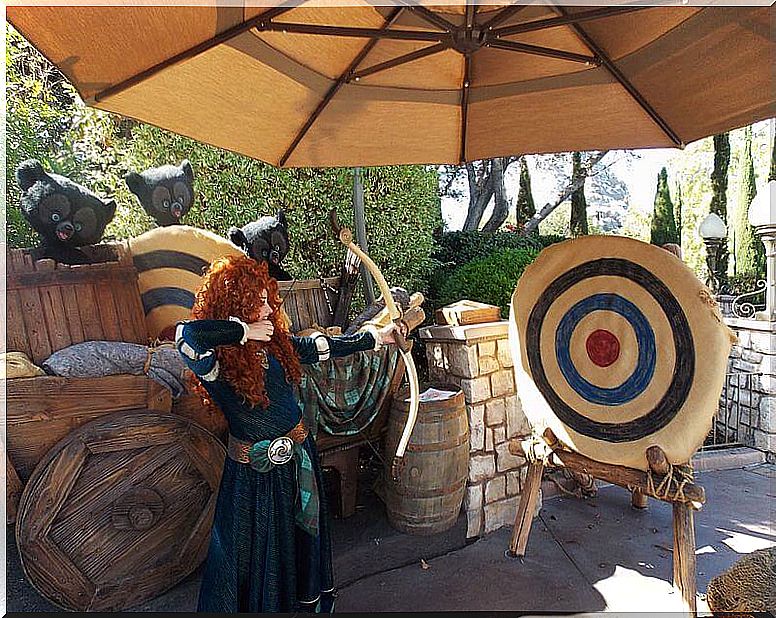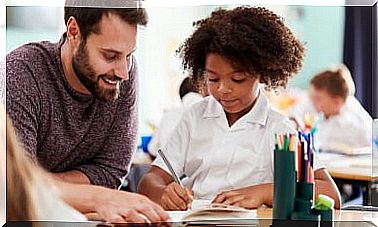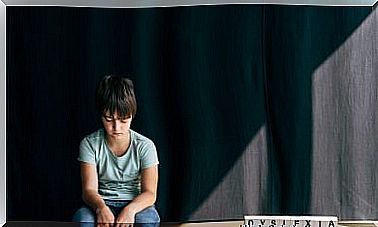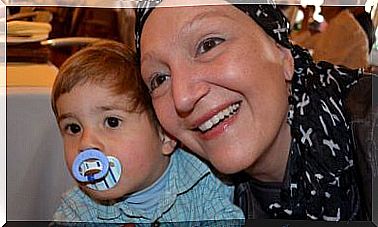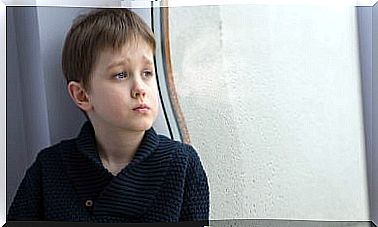Theater Pedagogy
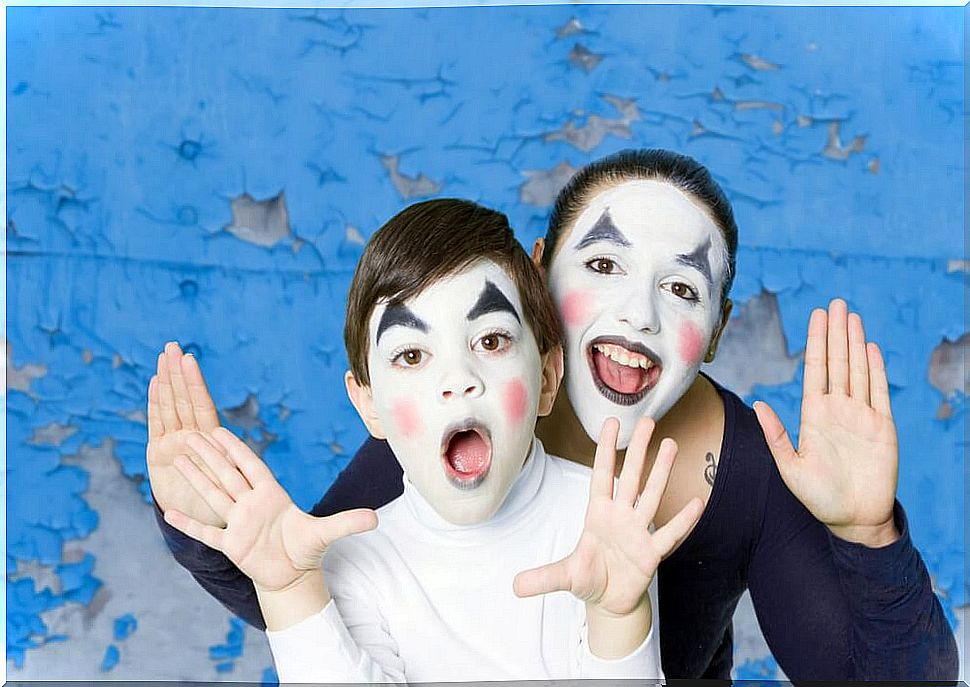
Pedagogy as a discipline has as its object of study the educational phenomenon, organizing education so that it is according to certain purposes. In this sense, theater pedagogy is a useful tool, since from the development of techniques of the theater discipline, an educational purpose is sought with respect to certain objectives.
What is theater pedagogy?
It is an area within pedagogy whose intention is to facilitate teaching and learning through theater. It is a useful tool to help in the development of students at all levels of compulsory education, both within the formal sphere and in other informal areas.
Theater pedagogy or theater education, considers that theater and theater teaching produce a multiplicity of benefits that can be exploited in the educational field. These benefits, used according to the specific criteria of pedagogy as mother discipline, make theater pedagogy a powerful teaching-learning resource.
The use of theater discipline and the application of dramatic expression as a methodological instrument to the school environment is relatively recent, and there are many controversies regarding the impossibility of teaching theater within the school since, for the most orthodox, teaching some dramatic techniques or body languages is not really teaching theater.
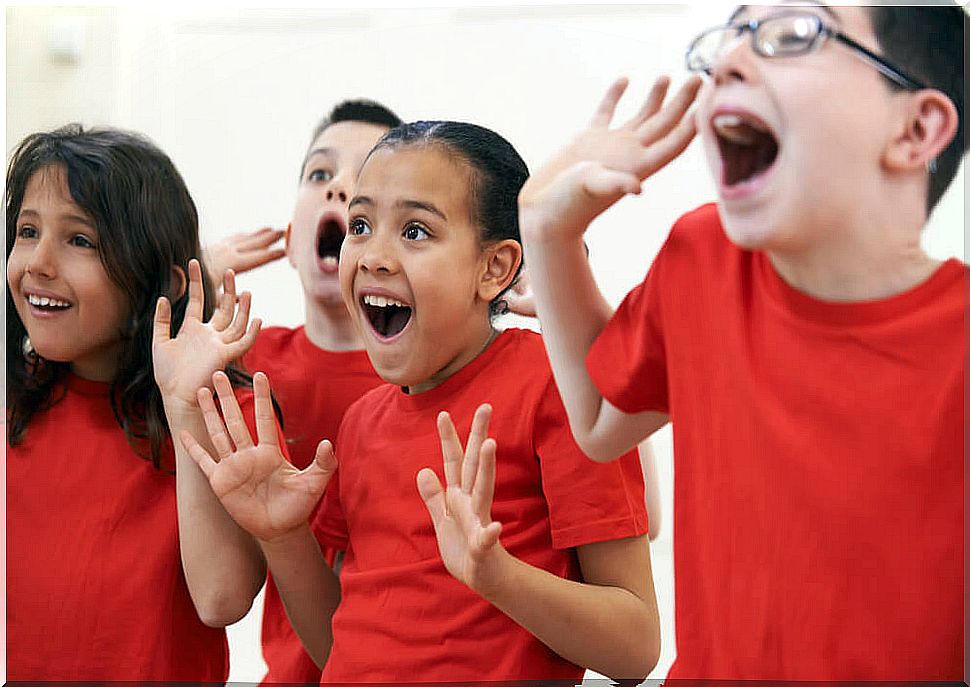
However, there are other less critical positions that advocate not making such a strict delimitation between art and pedagogy. Those who are not so critical maintain that, when theater is done in school, it is more educational than theatrical or artistic work. With which, even when good artistic levels are achieved, what is sought is to achieve educational objectives.
Aspects that characterize theater pedagogy
- Consider the educational dimension present in theater as a social and cultural manifestation.
- Active methodology that allows the active participation of students in their learning processes.
- It can be adapted to specific content in accordance with the corresponding didactic schedules according to the educational stages.
- It is adapted to the needs, particularities and ages of the students.
- It supposes a methodology with a playful nature, fundamental as a stimulus in the process of integral development of people.
- It allows to develop to the maximum the communicative and expressive capacities, both at the language and discursive level, as well as the body.
- Stimulates creativity, imagination, and critical thinking.
- Works and stimulates everything related to the affective and sensitive world of people.
- Promotes the acquisition of social values.
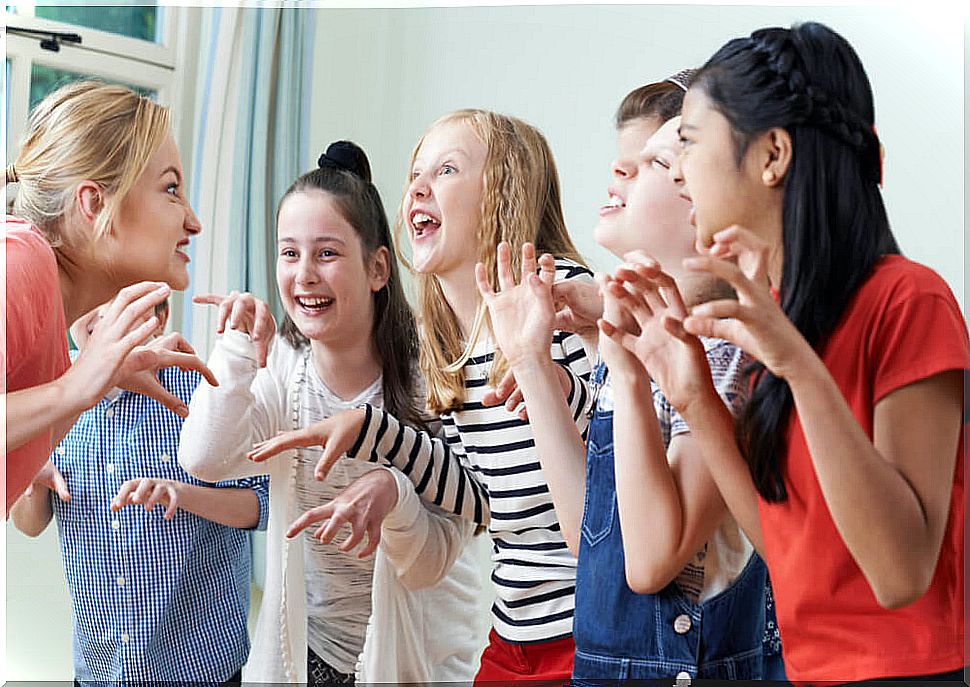
Teacher training
The use of activities of a dramatic nature or techniques of a theatrical nature, which become resources, procedures or lines of work in teaching with educational objectives, require training based on two types of knowledge.
On the one hand, an indisputable, specific pedagogical knowledge oriented to the organization of the teaching-learning process. And, on the other, a theatrical knowledge, with knowledge that can be very diverse from its different branches, such as interpretation, stage direction, or dramaturgy, among others.
